SPONGE CITY CONSTRUCTION AS A MAJOR ADAPTATION MEASURE IN CHANGDE CITY
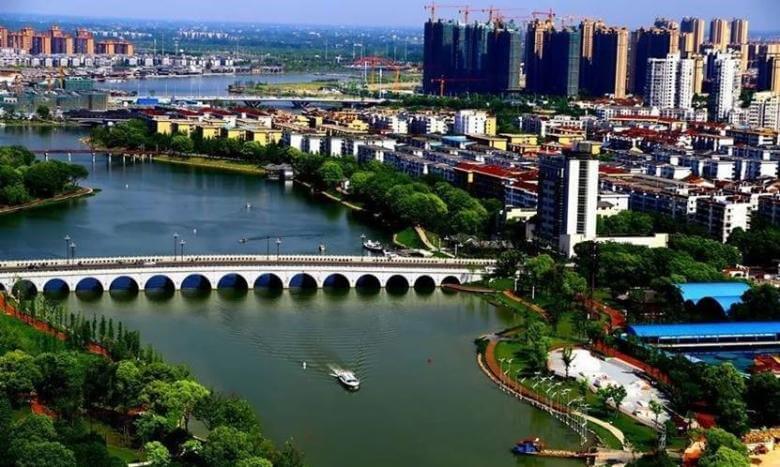
With the annual rainfall 1200-1500 mm and the majority falls in spring and summer, the city of Changde faces the severe risk of urban inland flood and its intensity goes even worse when climate scenarios show more fluctuating in precipitation. Meanwhile, with the rapid progress in urbanization and industrialization, urban rivers turned to muddy and smelly with the surface overflowing with cyanobacteria. In the purpose of updating city infrastructure to be as flexible as a sponge in adapting to environmental changes and inland flood risk, as well as addressing the urban river pollution issues, sponge city has been strategized as a key measure to deal with water problem and as a core urban adaptation approach.
POLICY BRIEF: URBAN ADAPTATION TO CLIMATE CHANGE IN CHINA
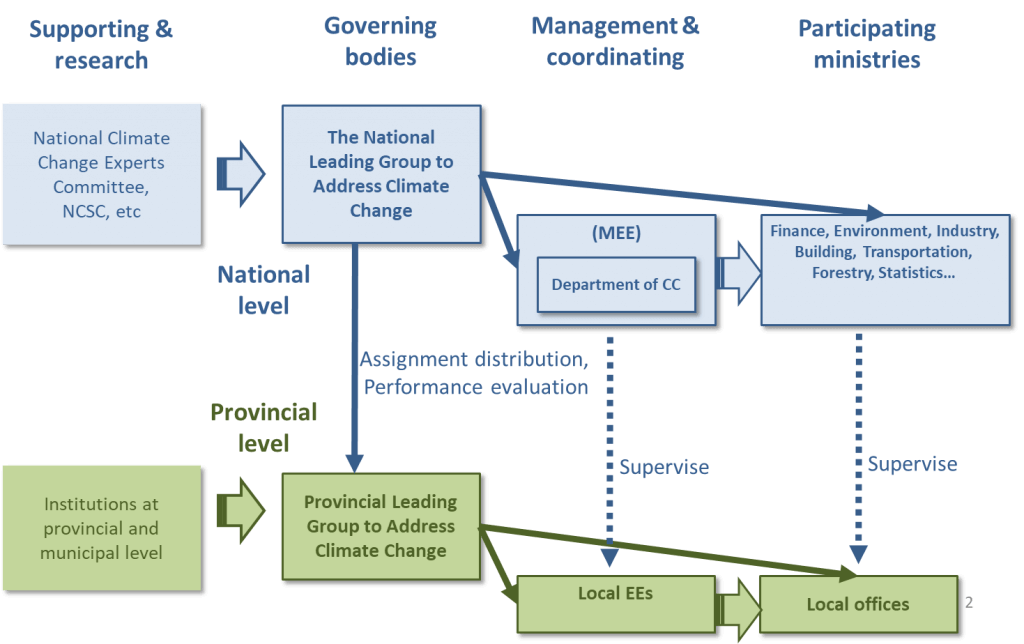
In the Outline of the 12th Five-Year Plan (FYP) for National Economic and Social Development of the People’s Republic of China, issued in 2010, it was the first time that addressing climate change was established as a separate chapter, putting forward the strategic requirements for enhancing capacity for climate change and considering impacts of climate change in planning and urban construction.
Sustainable Urban Development Planning in Beijing — The Ecological Water Area renovation at Liangma River
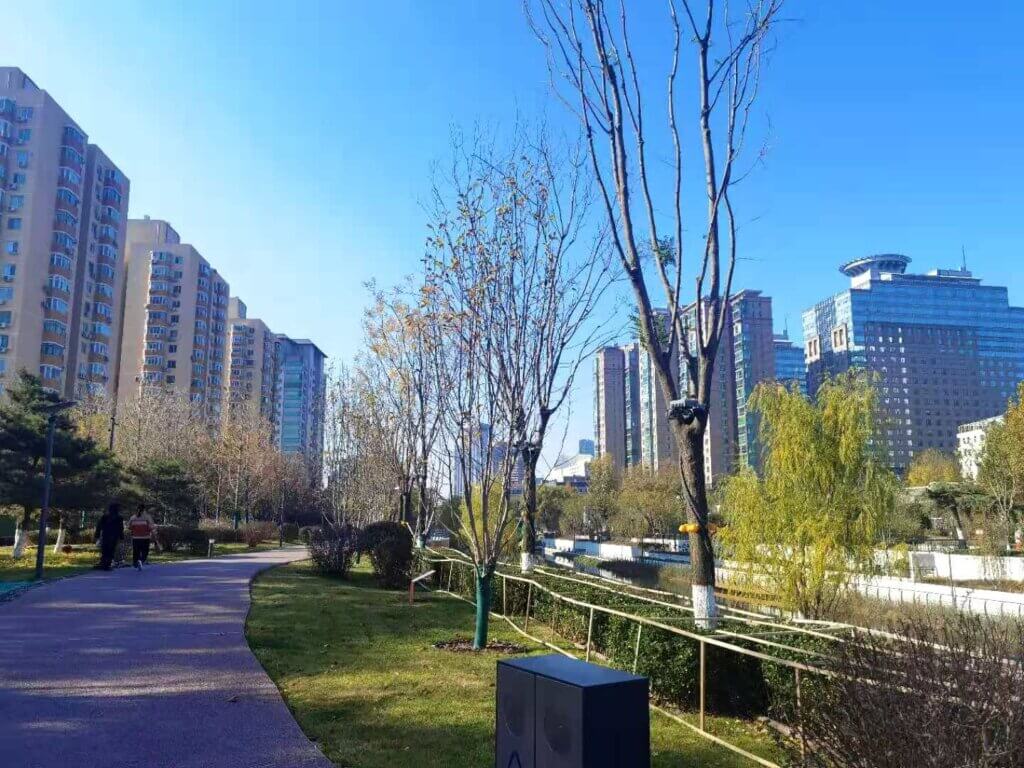
Beijing’s sustainable landscape further expanded by the end of 2020: The Liangma River area in Chaoyang district was renewed by the Danish planning bureau NordiQ. The river crosses Beijing’s core area with a total length of almost 6 kilometres. Before its renovation, Liangma river was heavily polluted and the surrounding public space hard to access. Between March 2019 and August […]
Sino- German/ EU Urban Renewal Technology Forum was Successfully Held in Chengdu
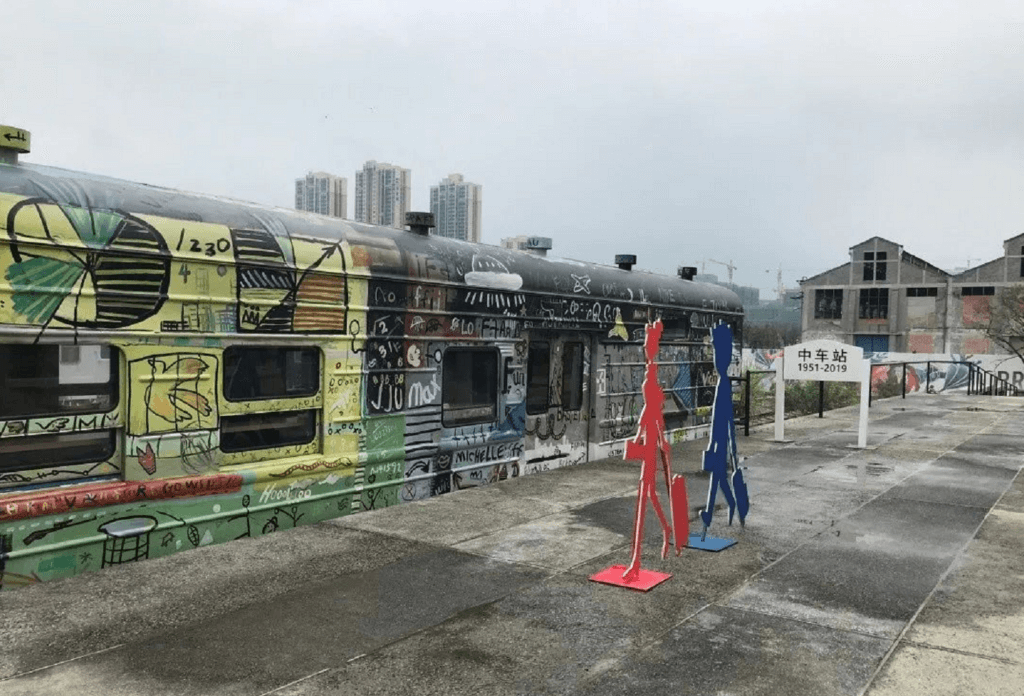
As the urbanization rate in China reaches around 60% and quality becomes priority for people living in urban areas, the theme of this year is renewal and inheritance—new paradigm of urbanization. Some speakers include: Mr. Thomas Kraubitz mainly talked about urban renewal policy in Germany including the governmental structure, financing programmes and public participation. He […]
Urban Renewal Annual Meeting was successfully held in Tsinghua University

Policy for urban renewal in China has undergone significant changes since the 2000s, with the priority shifting from the speed of urbanization to the quality of urban life, the urbanization rate having risen from 10.64% in 1949 to nearly 60% in 2019. This year the Urban Renewal Annual Conference was successfully held in Tsinghua University, […]
2019 Mayors Tour on Structural Change and Energy Transition
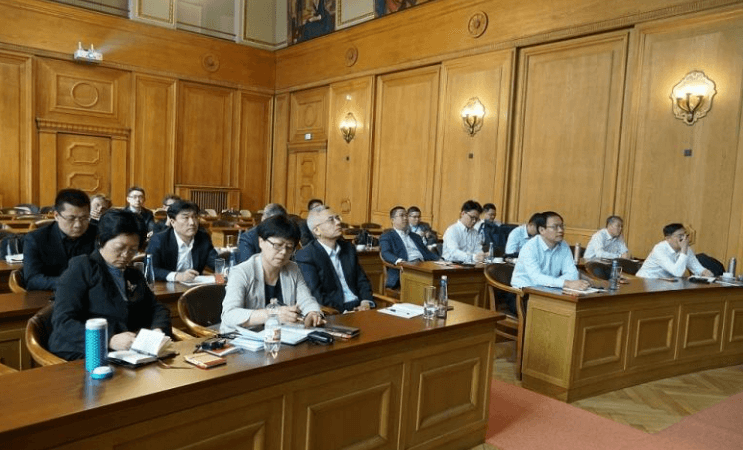
The 2019 Mayors Tour was successfully completed with 16 government officials and business leaders from Tianjin participating this year. Over the course of two weeks, the delegation visited several cities in the Ruhr area as well as Munich in the Southern part of Germany, discussing the ongoing structural change, the energy transition towards renewable energies […]
Workshop by Sino-German Urban Cycling Research Project successfully launched
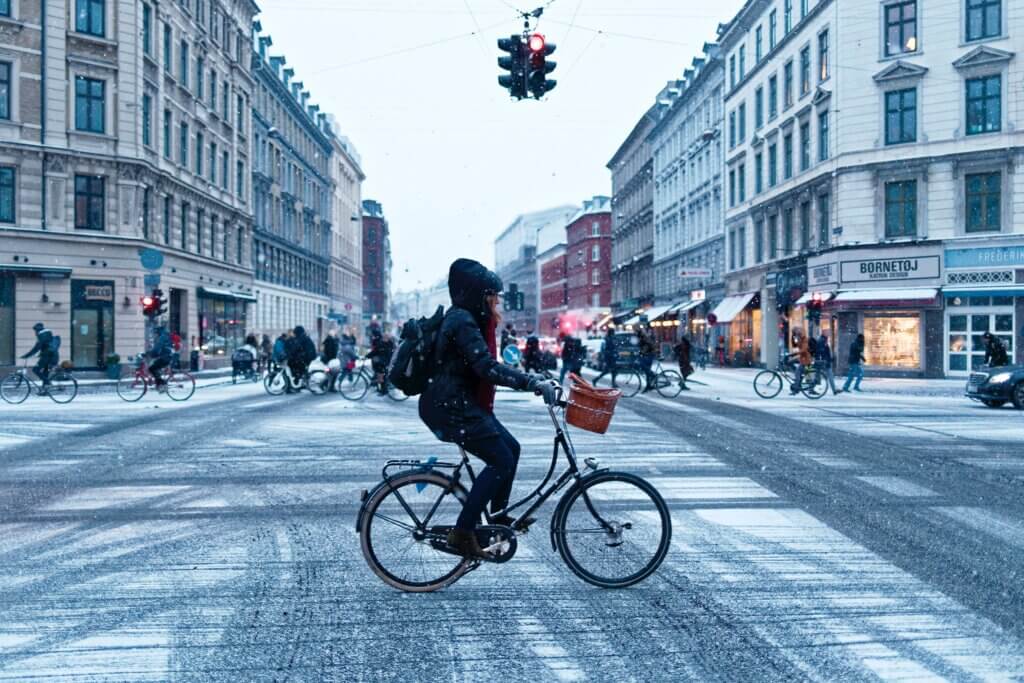
Environmental problems have aroused widespread concern in recent years to tackle pollution. Cycling, as a low-carbon transport vehicle, gains increasingly support yet continues to face huge challenges. In order to gain a better understanding of China’s current cycling system, the joint research project Study on the Sino-German Urban Cycling System and the Construction of Bicycle […]
UN Habitat partners with Alibaba to explore use of AI in cities

The UN Habitat’s first Assembly (ever) took place over the past week in Nairobi, hosting more than 3’000 delegates from over 116 countries along with civil society representatives, business leaders and experts from all over the world. With progressing urbanization, the UN agency, as the main organization for human settlements and sustainable urban development, serves […]
China plans recycling project “No-Waste Cities”
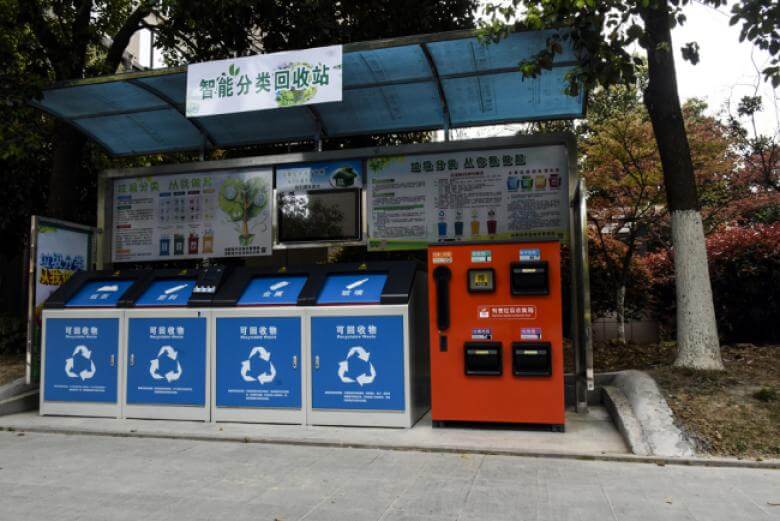
In light of the alarming increase of 10 billion tons of waste every year, the Chinese central government has now announced the pilot program No-Waste City in 16 regions, including major cities such as Shenzhen and Weihai. The program, spearheaded by Zhuang Guotai, vice-minister of ecology and environment, will support provincial governments with financial, technical and policy […]
Third Working Group Meeting on Urbanisation
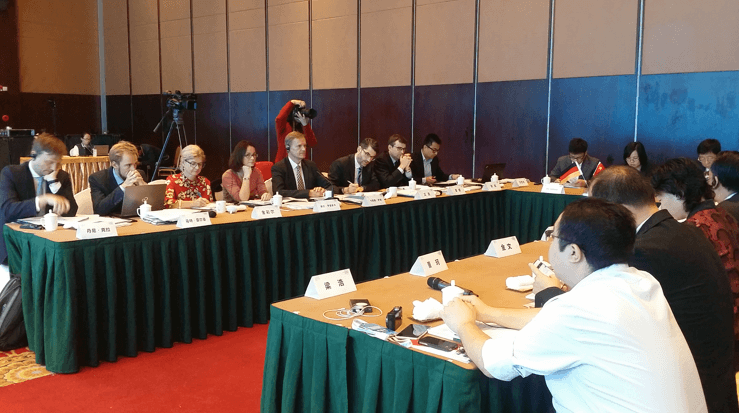
On the 1st of November, the third Working Group meeting on Urbanisation (WGU) between the German Federal Ministry for the Environment, Nature Conservation and Nuclear Safety (BMU) and the Chinese Ministry of Housing and Urban-Rural Development (MoHURD) took place in Xuzhou. At the meeting, the themes of the partnership for the next three years were identified. […]

